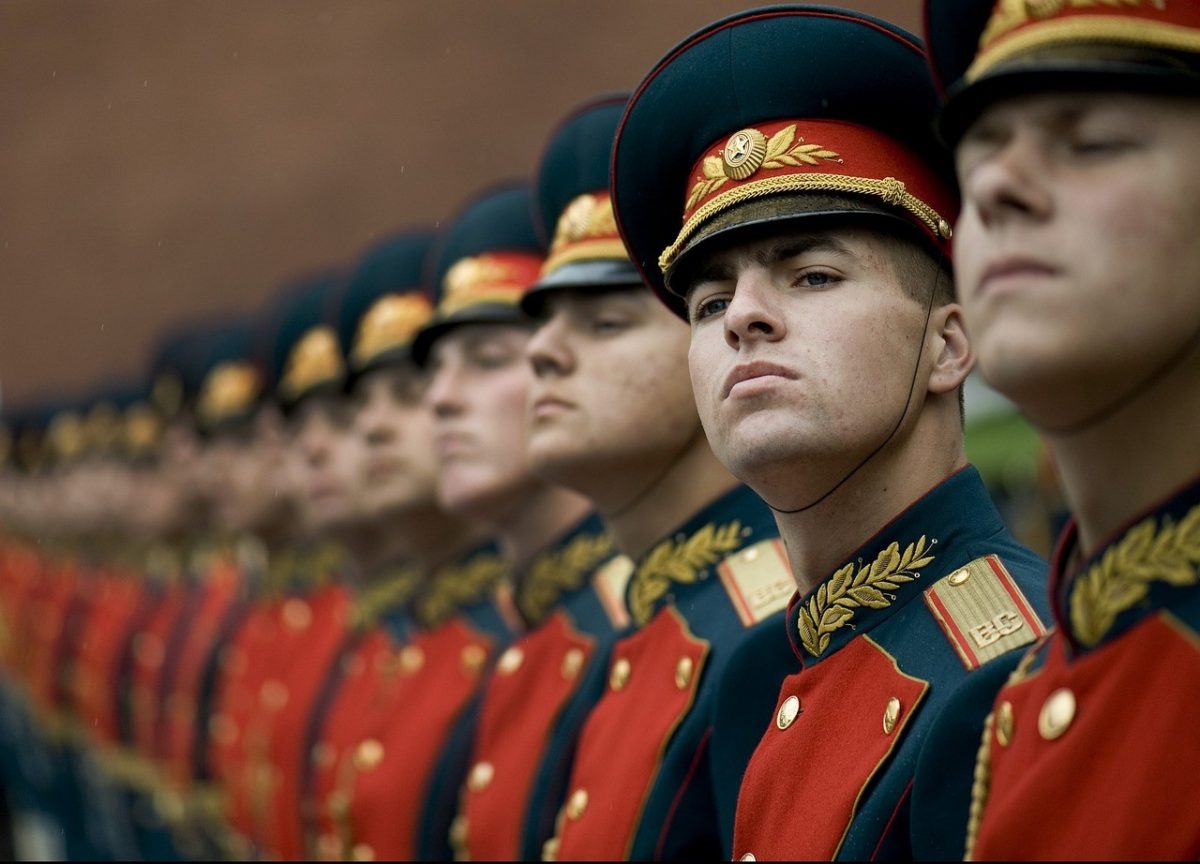The world fixated on Russia last weekend as events unfolded in Rostov. New-minted Russia watchers birthed novel scenarios to explain the “coup,” “mini coup,” “insurrection,” or whatever other name they proposed for the Wagner Group’s military march to Moscow. It is relatively simple to provide a chronological timeline. What is more challenging is to correctly identify the root cause of events in a secretive, strong-man regime, filled with experts in psyops and capable of great brutality. Even among trained Western intelligence analysts, there is disagreement over many of the details and, perhaps, even more so about what it portends for the future of the Russian Federation. Did Putin win? Did the world lose? Are Putin and the Russian Federation weaker now?
Many Western analysts suggest that Yevgeny Prigozhin, head of the Wagner Group mercenaries, has been upset with Putin for months over a lack of support for his troops and physical attacks killing them. To date, the only significant military advances into Ukraine have come from Wagner Group efforts. Putin appears distressed in recent months due to his loss of control over the actions of Prigozhin’s troops, while his official Russian Army remains less capable and weaker than the Wagner Group. There is also a debate over who in Moscow ordered the recent attack on a Wagner Group military site which Prigozhin says ended with 2,000 of his soldiers dead by Putin’s hand.
Many of Prigozhin’s men are former Russian Special Forces, while he recruited others directly from Russian prisons. Their brutality is legendary, but it isn’t a new scenario. The country’s history is full of ruthless leaders and their enforcers. Many are familiar such as Ivan the Terrible, Vladimir Lenin, and Joseph Stalin. There are many other similar, less well-known, figures like the “Ice Queen” Anna Ivanovna, and Lavrentiy Beria, director of the Soviet Secret Police, that fill the pages of Russian history books. Fear of Beria’s henchmen was so great among the general population that it kept a broken Russia from surrendering to the German Nazis in WWII.
The Russian Empire, Soviet Russia, and today the Federation, were all led a times by cruel characters that failed to govern well, with one proclaimed worse than the last. This is the norm across Russian politics and how it has operated throughout the ages. Prigozhin and Putin are cut from the same mold. The Sufi mystic and poet Rumi once wrote “This is strange business. You’re the strange business….” Applied to Russian politics is understandable to see how events appear out of kilter to those outside Moscow’s purview. For the Russian population, life goes on as it has through the millennium with cruel dictatorial leaders enforcing their will with force.
It may not matter in the long run that an insecure Putin and ill-tempered Prigozhin appear to be punishing the other this week for acts deemed unacceptable. What is different now than in earlier centuries is that a non-state actor was able to quickly conquer an area believed to be the location of nuclear missiles. This raises the ante from that of a typical internal leadership conflict, or even civil war, to a dangerous scenario in which the result could be a regional or global nuclear conflagration should weapons of mass destruction (WMD) fall into unstable hands. This lesson extends beyond the Russian Federation. Today there are Russian nuclear missiles stored, possibly in silos, in Belarus, the country where Prigozhin has taken refuge under the protection of his buddy President Alexander Lukashenko. Concern extends beyond the European continent. Xi Jinping and the Chinese Communist Party are paying attention to last year’s events in Russia and Ukraine. While Beijing may in the short run enjoy watching limited chaos erupt in Russia, it recognizes that events could morph into lessons for those opposing the CCP rule in China. Russia’s Deputy Foreign Minister flew to Beijing last weekend for talks, or perhaps, more accurately to get a “talking to.” The political temperature may be cooling for the moment but analysts in capitals around the world in the coming weeks and months should continue to ask “why it happened” and “what are the future implications?” Hopefully, some will look at the nuclear security issue instead of concern only over the political integrity of the Russian Federation.
Daria Novak served in the U.S. State Department
Photo: Pixabay
